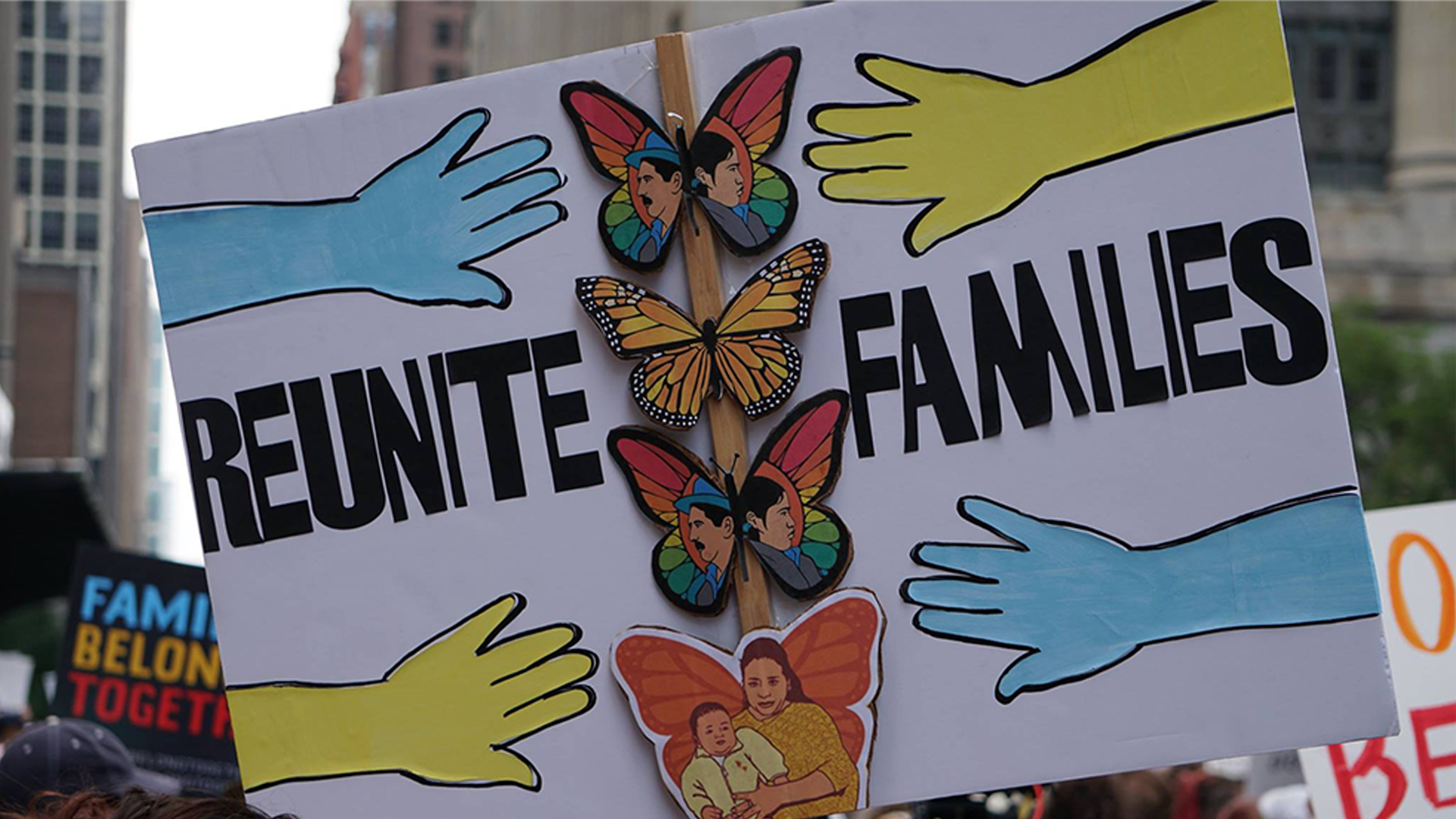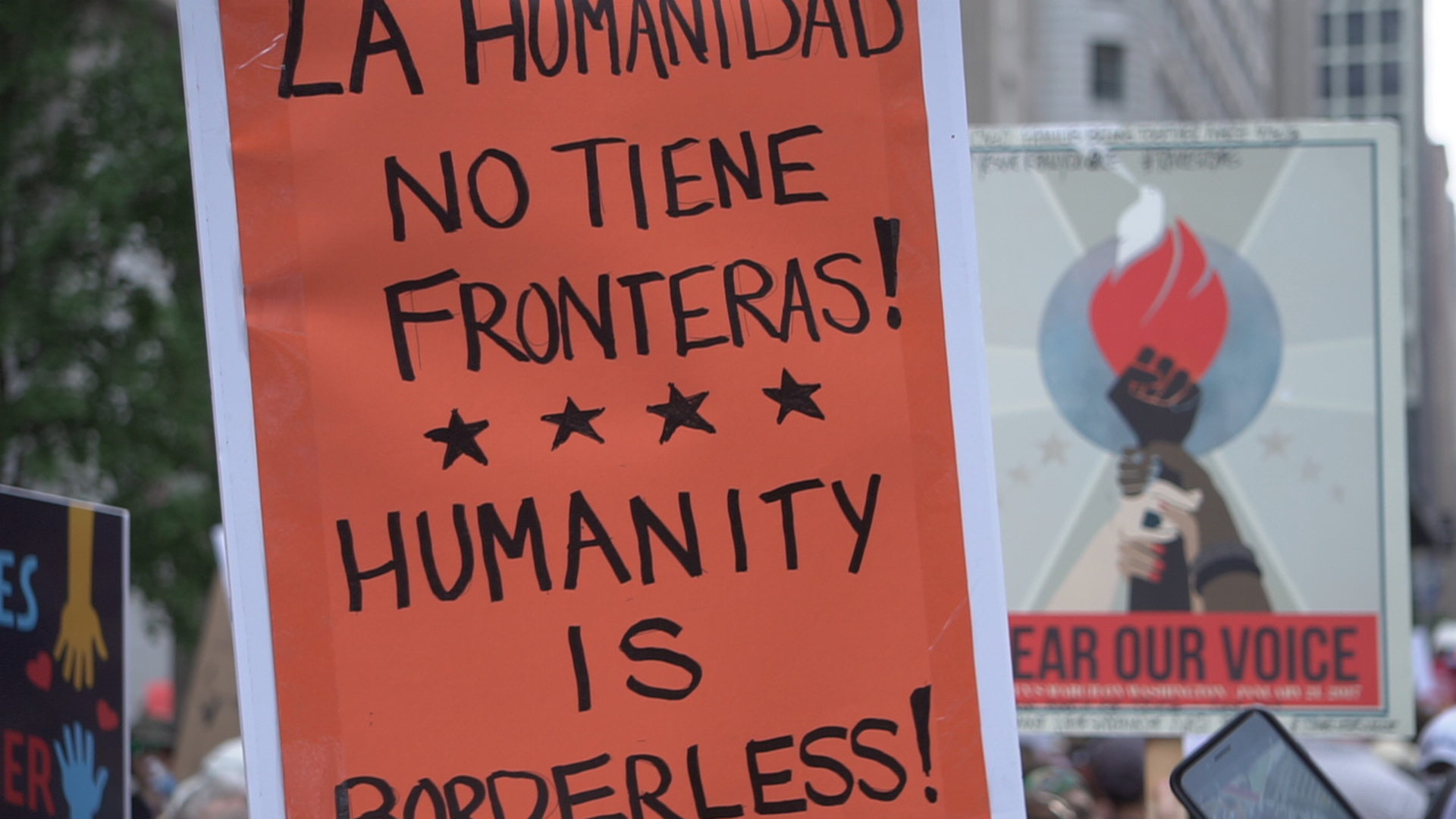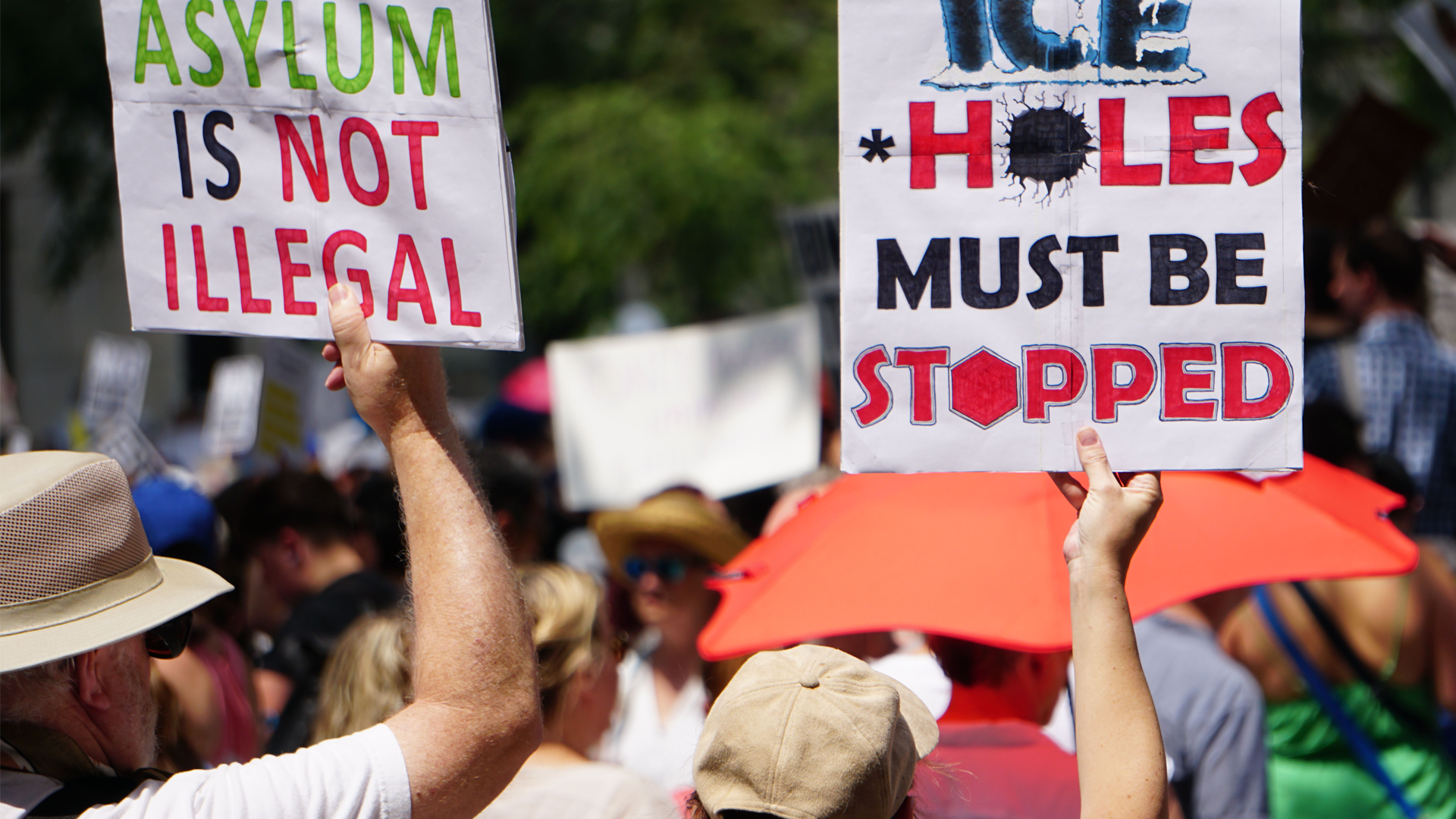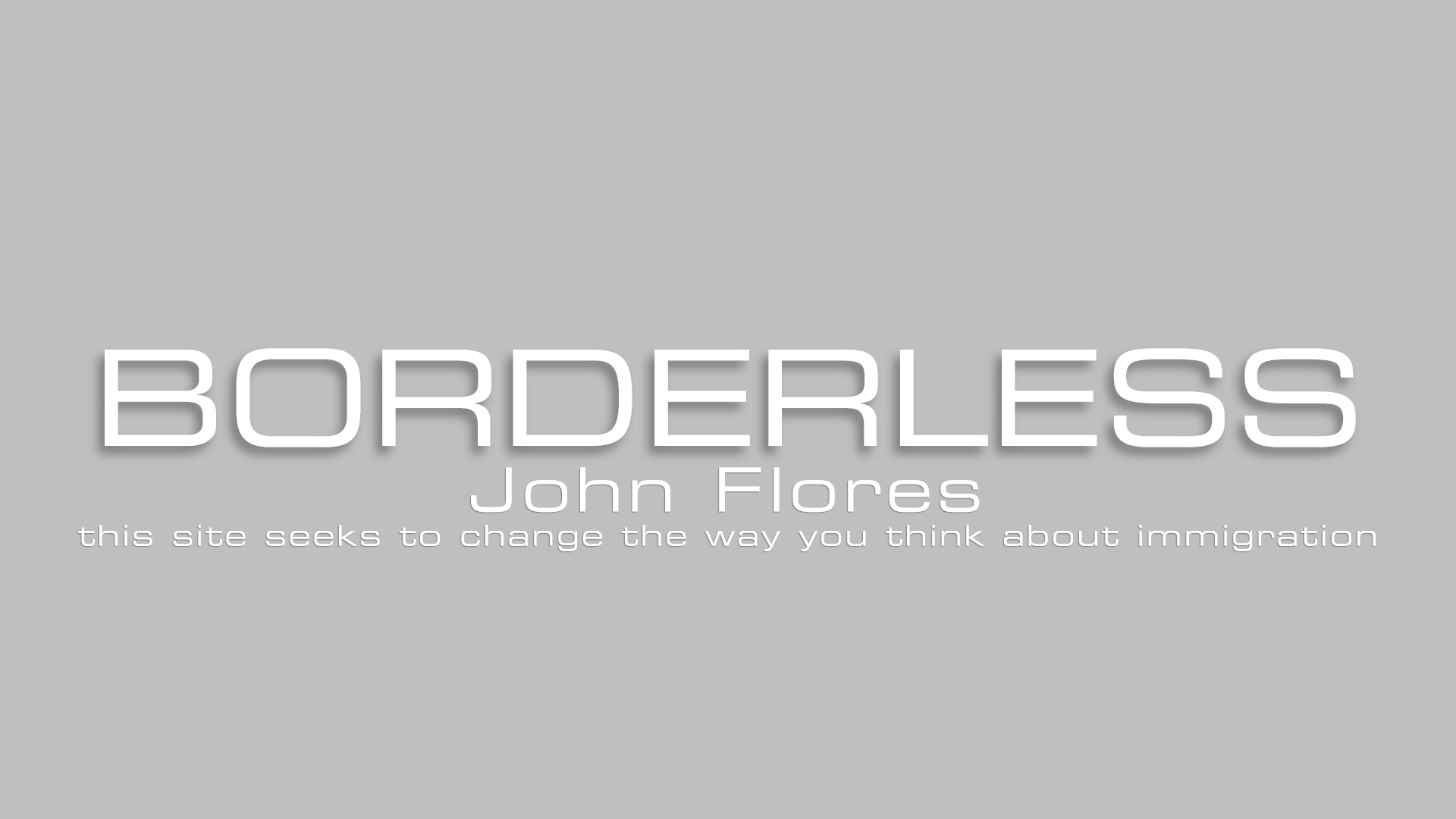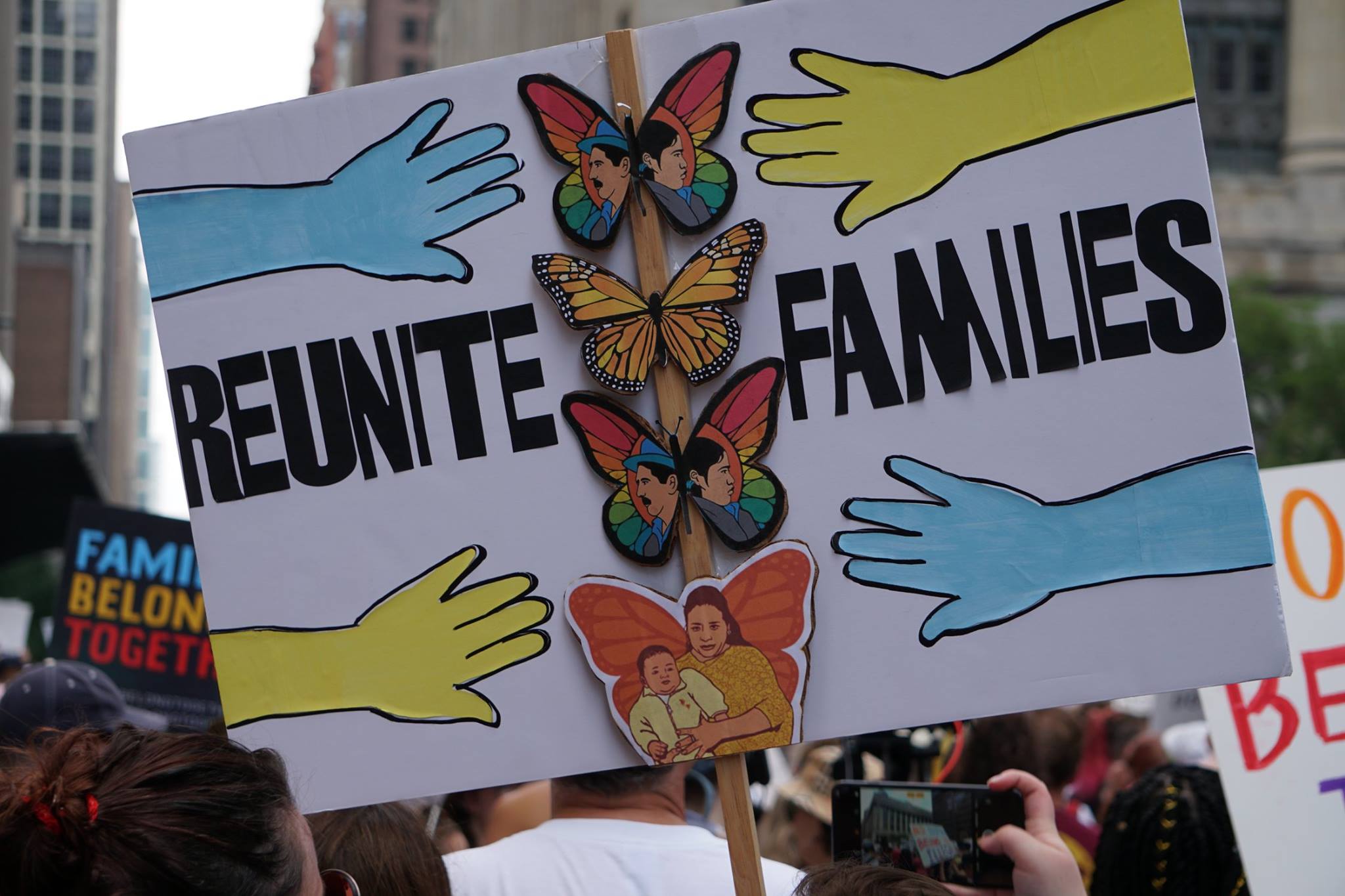
Museo de la Memoria y los Derechos Humanos (Museum of Memory and Human Rights), Santiago, Chile
Borderless is a reminder. It reminds us that a borderless world currently exists for corporations, powerful governments, and the rich. Corporations circle the globe in search of natural resources, consumers, and laborers. Governments establish military bases outside of their sovereign territories, and the rich possess the means to move.
Conversely, working-class people live in a parallel reality. Every day thousands of working people migrate across international borders in search of living-wage work, and their journeys are made perilous by the borders that divide the world into the rich and poor.
The borders in our world are designed to deprive. Walls and military forces create artificial scarcity and enclose resources for some at the expense of others, while ideological borders divide us and keep us from seeing ourselves in the faces of our migrating brothers and sisters.
Despite these barriers, people are banding together to create alternatives. They seek a global economy that privileges people over profits. They stress the values of cooperation and reciprocity over competition and greed. They dream of a future that is environmentally sustainable and that will enhance the health and well-being of their children. They believe another world is needed and possible.

John H. Flores, PhD
John H. Flores is the son of Mexican immigrants and works as an Immigration and Labor Historian. He specializes in Mexican American history, and his research interests include the history of deportation and citizenship, transnational labor movements, and the formation of racial and national identities.
In The Mexican Revolution in Chicago, Flores created a census of the Spanish-speaking immigrants who applied for U.S. citizenship in Chicago between 1900 and 1940. To date, this is the largest and most inclusive historical census of Hispanic naturalization in the United States. Through this census, Flores traces the political activities of immigrants back to their origins in Mexico, Nicaragua, Cuba, and other countries, revealing the Latin American social movements that created the Mexican American community of Chicago.
Flores' current book project assesses the relationship between American citizenship and violence with a focus on a series of lynchings that occurred along the U.S.-Mexico border on the eve of the Mexican Revolution.
Professor Flores teaches courses on Latina/os, immigration, labor, and race.
